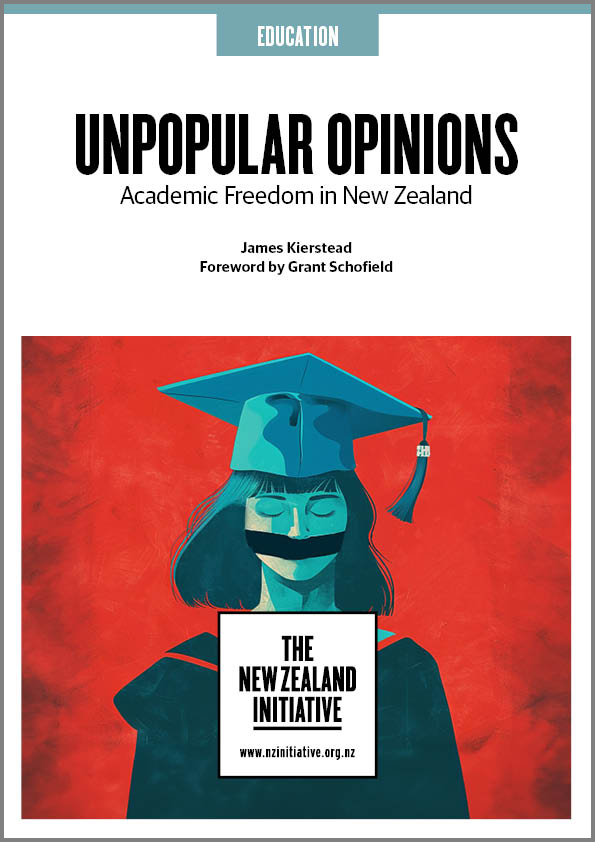This research report provides a detailed and thoroughly documented examination of the state of academic freedom at our universities, together with an analysis of the main threats to academic freedom in this country at present.
“We’ve collected 72 testimonies from academics, analysed 5 surveys of academics and students, and written up detailed reports on 21 incidents involving academic freedom that have occurred over the past decade in this country,” explained Dr James Kierstead, Research Fellow at the Initiative and author of the report. “A few of these incidents have never previously been reported on.”
All this evidence allowed Dr Kierstead to identify and discuss three main threats to academic freedom in this country: progressive radicalism within universities, foreign interference in the form of the Chinese Communist Party, and the managerial, brand-focussed nature of contemporary universities.
It also revealed a number of other trends. “One thing that emerges clearly from a lot of the incidents we covered is an increasing emphasis on safety, even from words and ideas, by both university administrators and student activists,” said Dr Kierstead. “Of course students should be safe from harassment and physical danger, but treating arguments as a hazard will inevitably reduce the scope for intellectual discussion and investigation.”
The report closes with a number of recommendations, including an annual audit of academic freedom at our universities and more training for university administrators about their obligations to uphold academic freedom.
In his foreword to the report, Auckland University of Technology Professor Grant Schofield says that it “presents compelling evidence that many academics feel constrained in expressing certain views.”
“If the university as it currently exists is to remain relevant,” Prof. Schofield adds, “then nuanced, robust, and open debate must not only be defended, but encouraged.”
Click here to download the two-page summary.
Click here to download the executive summary.
Dr James Kierstead discussed his report with Prof Grant Schofield and Dr Oliver Hartwich on our webinar launch of the report. Watch below:





